
UN Security Council
will vote on a resolution of Yemen. (Photo: The Strategist file)" width="300" height="200" /> The UN Security Council will vote on a resolution of Yemen. (Photo: The Strategist file)New York, 25 Jumadil Akhir 1436/14 April 2015 (MINA) – The UN Security Council will vote on a resolution to blacklist the son of Yemen’s former president and a Houthi leader, and effectively impose an arms embargo on the rebels who rule most of the country, diplomats have said.
The draft resolution, obtained early on Tuesday by the AP news agency, demands that the Houthis “immediately and unconditionally” end all violence and withdraw their forces from the capital Sanaa and other areas they have seized since September 2014, Al Jazeera quoted by Mi’raj Islamic News Agency (MINA) as reporting.
It demands that the rebel group give up all arms and missiles seized from military and security facilities, stop acting like a government, and release the defence minister and all political prisoners.
The resolution would also impose a global asset freeze and travel ban on Ahmed Saleh, the former head of Yemen’s elite Republican Guard, and on Abdulmalik al-Houthi, a top leader of the Shia Houthi group.
Also Read: Türkiye Issues Arrest Warrant for Netanyahu Over Gaza ‘Genocide’
Saleh’s father, former Yemen President Ali Abdullah Saleh, and two other senior Houthi leaders, Abd al-Khaliq al-Huthi and Abdullah Yahya al Hakim, were blacklisted by the Security Council in November. Yemeni soldiers loyal to the former president are fighting alongside the Houthis.
It was unclear how Russia would vote on the resolution, drafted by council member Jordan and Gulf Arab states. The vote is set to take place later on Tuesday.
Russia had unsuccessfully suggested during negotiations that the text call for an immediate ceasefire and that an arms embargo include President Abd-Rabbu Mansour Hadi’s government, diplomats said.
The Russian UN mission declined to comment on whether it would support the resolution, abstain or veto, according to the Reuters news agency.
Also Read: Kazakhstan Confirms Joining Abraham Accords
News of the vote came as aid agencies and the UN warned of a growing humanitarian crisis in Yemen.
“Over 600 people [have been] killed [in the conflict], but more than half of them are civilians. This is particularly concerning,” Ivan Simonovic, UN’s deputy secretary-general for human rights, told Al Jazeera on Monday.
“So far we can say with confidence that both sides have not exercised sufficient restraint. There were some unselective targeting and we are very concerned about that.”
Nine Arab countries led by Saudi Arabia launched air strikes on Shia rebels on March 26 after the rebels stormed the presidential palace in the capital Sanaa and put President Hadi under house arrest, demanding political reforms.
Also Read: YouTuber Ms. Rachel Wears Gaza Children’s Artwork Dress at Glamour Magazine Awards
The rebels, known as Houthis, swept into Sanaa in September and have since tried to expand their control across the country.
Saudi Arabia said on Monday that 120 air strikes had targeted Houthi positions in the previous 24 hours. (T/P001/R04)
Mi’raj Islamic News Agency (MINA)
Also Read: White House: President Trump to Meet Syrian President





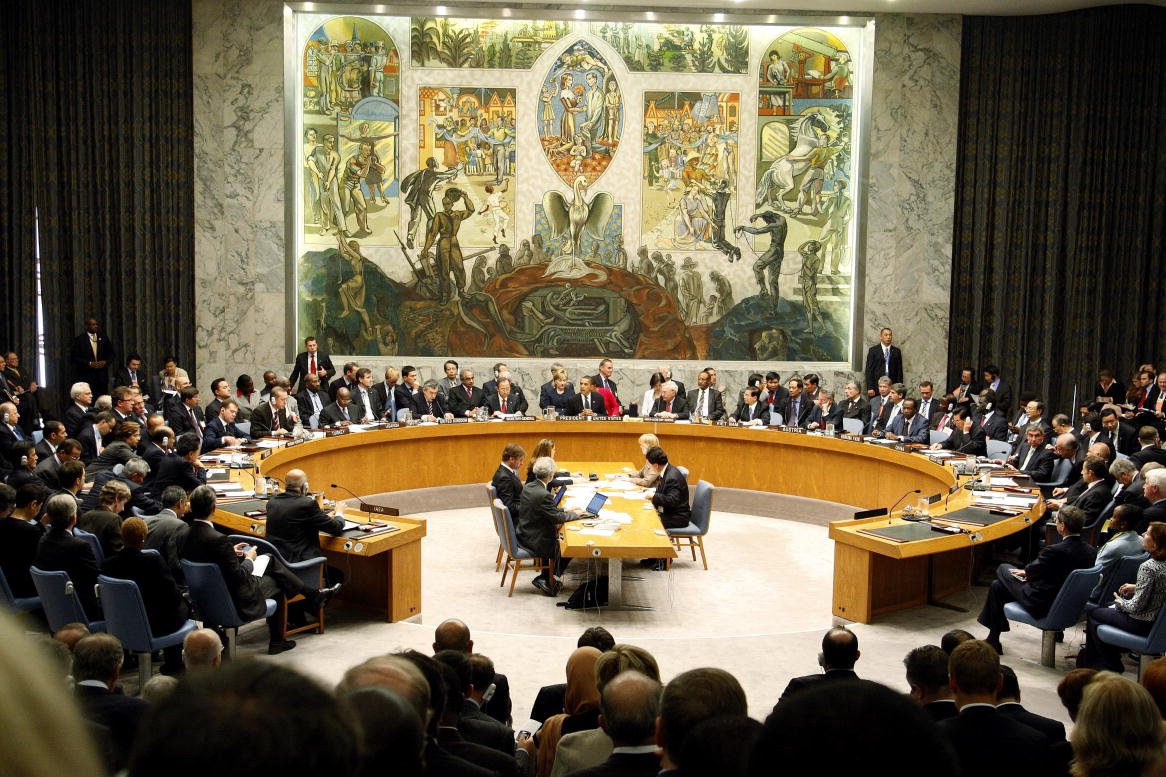

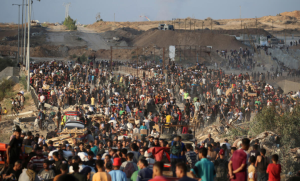
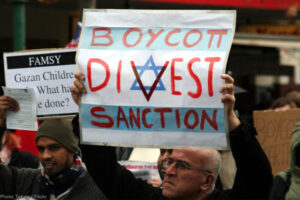
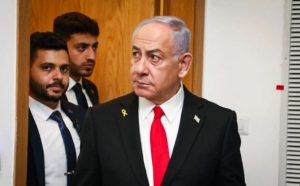


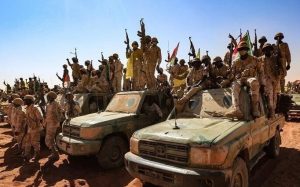
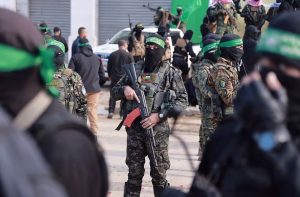
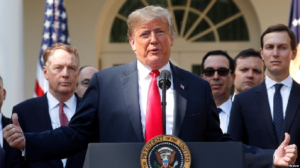
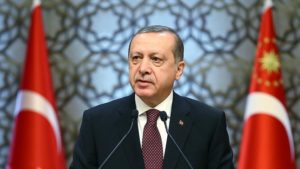
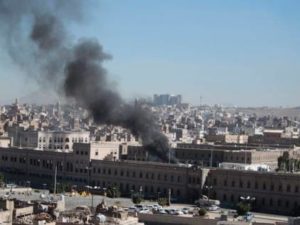
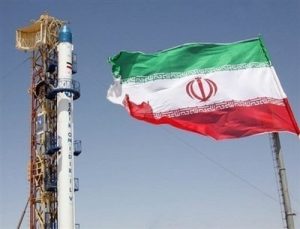
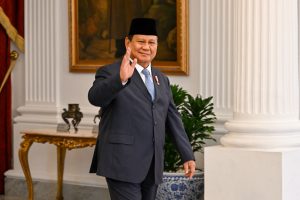






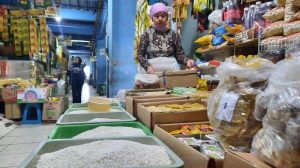
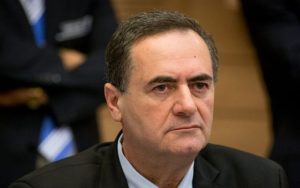
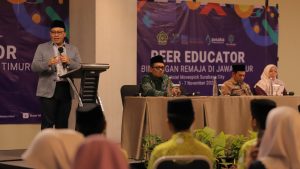



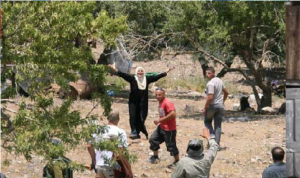



 Mina Indonesia
Mina Indonesia Mina Arabic
Mina Arabic